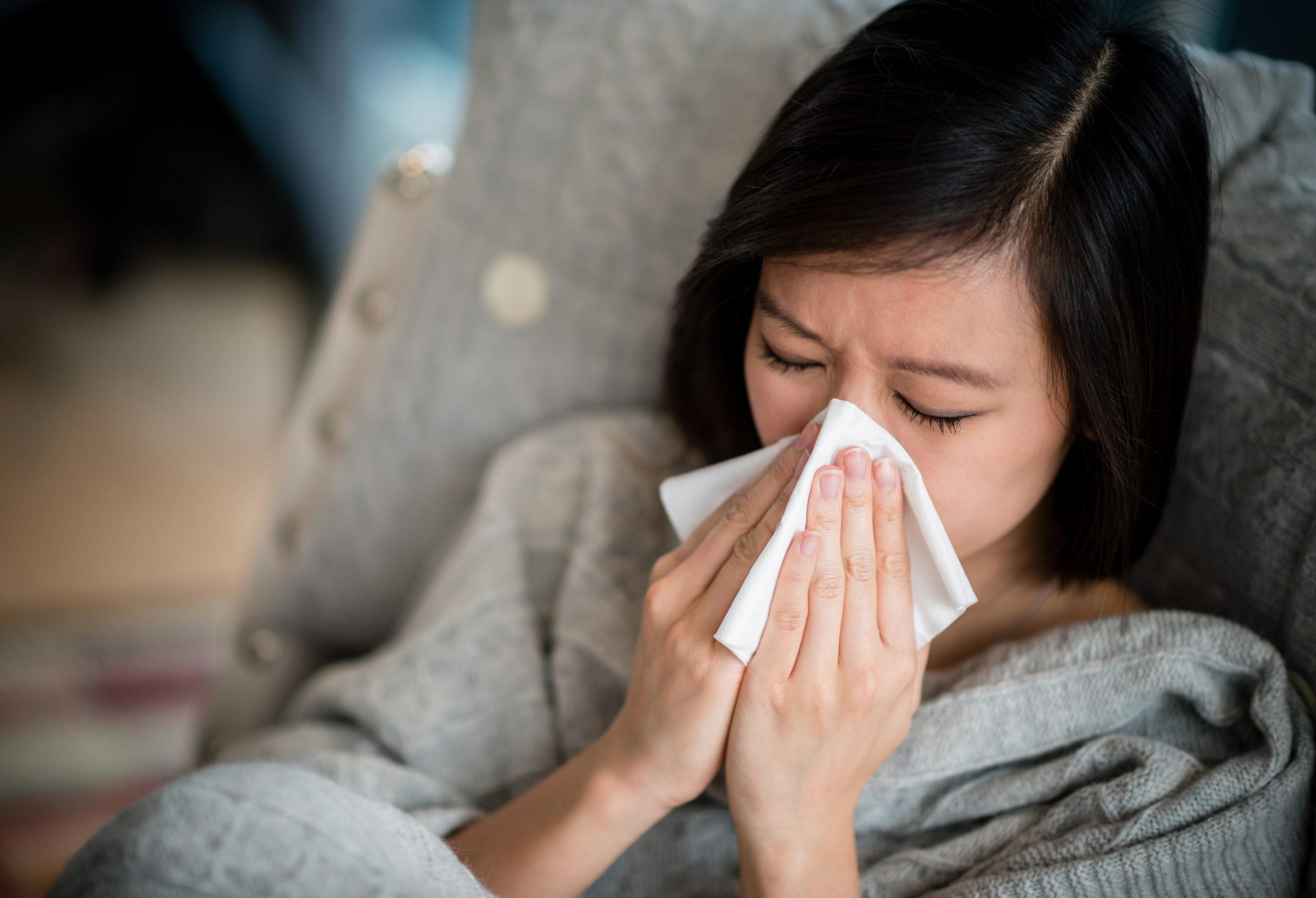Is it a Cold or Seasonal Allergies? How to Tell the Difference

Blue Daily
| 2 min read

You’re sneezing, your throat hurts, and you feel congested. Is it a common cold or could it be allergies?
Here are some clues to tell the difference: Colds are viral and are typically spread when tiny virus droplets travel through the air when people cough or sneeze.
- Symptoms: sneezing, coughing, watery eyes, sore throat and a stuffy or runny nose. Colds can also cause fatigue, body aches and fever.
- Duration: About seven to 10 days.
- Season: Most colds spread in the winter and spring months, although you can get a cold at any time of year.
Allergies happen when your immune system reacts negatively to a certain substance or chemical known as an allergen. Your body releases histamines in response to the allergen, causing a reaction.
- Symptoms: sneezing, coughing, watery eyes, sore throat and a stuffy or runny nose. Allergies can also cause itchy eyes and rashes.
- Duration: Two to three weeks at a time or until allergen is removed/identified.
- Season: Allergies to pollen typically show up in the spring, reactions to grass appear in the spring and summer months and ragweed allergy season typically runs late summer into fall.
If your “cold” lasts longer than a week or so, you find yourself scratching your eyes, or you develop a rash, it might be time to talk to a doctor about allergies.
If what you’re experiencing is causing severe symptoms such as body aches or fever, it’s probably a good idea to seek care to rule out anything more severe. The good news?
When you feel cruddy – no matter the reason – there’s no need to drag yourself into a doctor’s office. Blue Cross Online VisitsSM provide an easy, effective alternative that virtually connects you to the health care providers you need from the comfort of home.
If you found this info helpful, give these a look:
Photo credit: Getty Images





